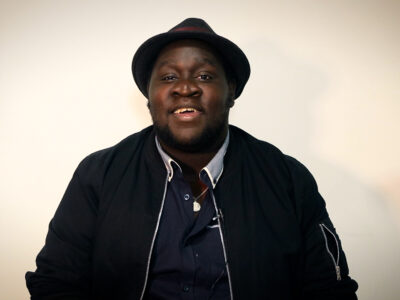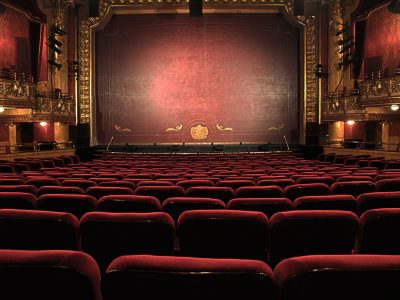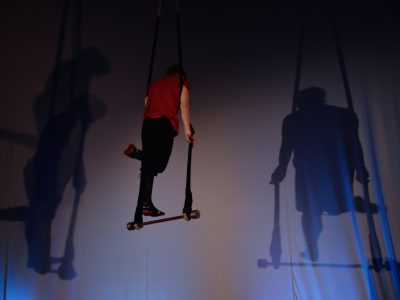An interview with the writer behind a 2019 take on Dr Jekyll and Mr Hyde
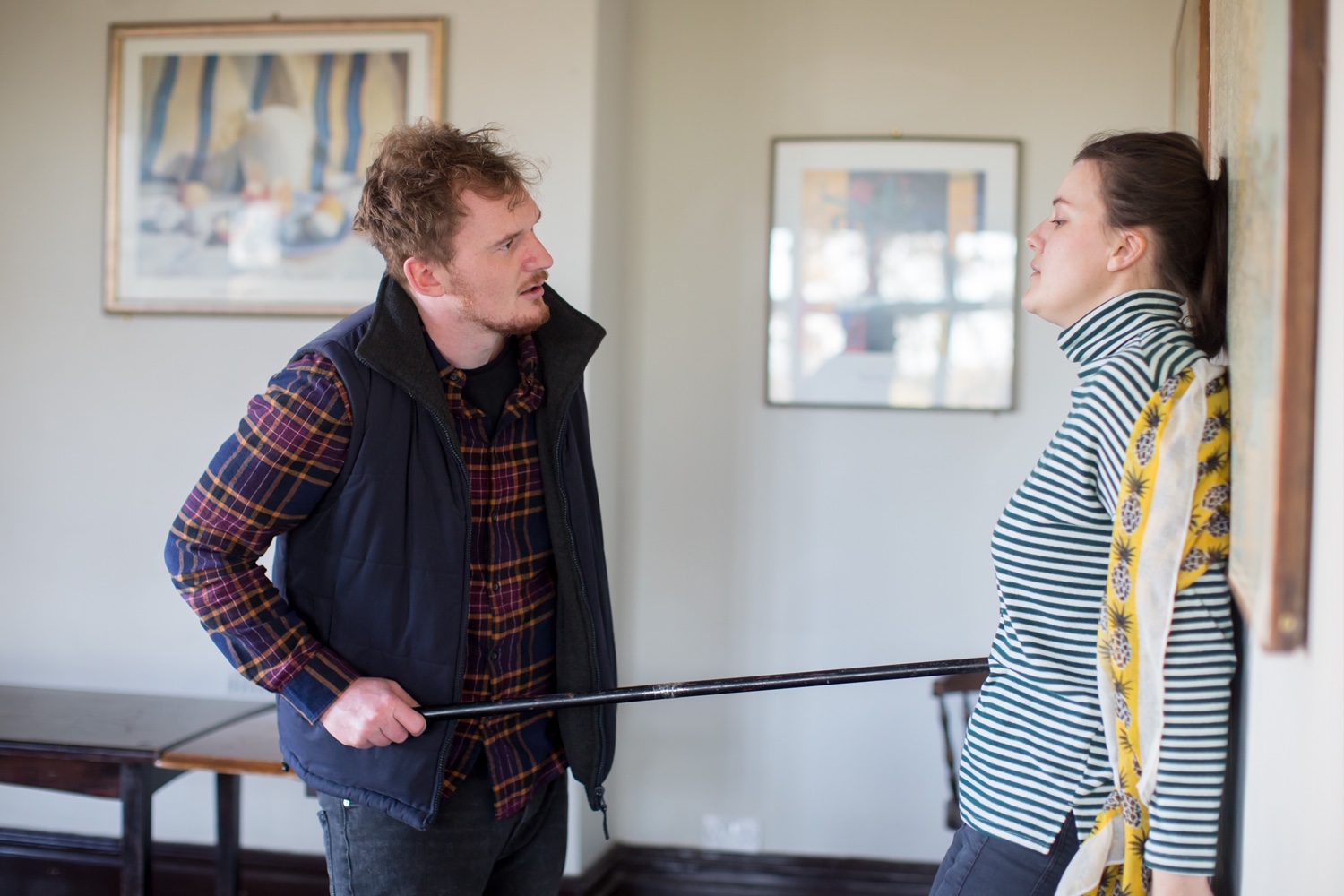
Reece catches up with Matt Grinter, who has spun the classic gothic tale into a modern ugliness we can all recognise
The small but immensely talented Bristol-based Red Rope Theatre Company have adapted The Strange Case of Doctor Jekyll and Mr Hyde for the stage. Robert Louis Stevenson’s novella is one of the great horrors and its effect on culture is matched by few others. It’s a comment on the duality of human nature: a man with two personalities, one good and kind, one evil and murderous. The novella hints at – without getting too philosophical – the Jekyll and Hyde inside of us all, and it’s the truth in this that has maintained its relevance for so long.
Matt Grinter is the co-founder and artistic director of Red Rope and the wordsmith who crafts this latest adaptation which will be staged in the spooky surroundings of Arnos Vale’s cemetery from November 6th. I asked him about the importance of the novella, the challenges behind adapting classic pieces of fiction and his love for the genre.
This is Red Rope’s fourth adaptation of a pre-19th century text. What in particular attracts you to classic literature?
There is a very specific voice in the early gothic horrors, more so than anything that follows. It feels alive with discovery. For both Frankenstein and Jekyll and Hyde, when I began adapting them, I saw there are complex ideas and themes that strike a chord today because they speak directly to the human condition. These books were written when science was as much magic as folklore and legend and I think this is interwoven into these stories. They appear completely plausible and they sit neatly somewhere between fact and fantasy. They were also discovering the form of the modern novel so there are some exciting experimental and protracted narrative choices that feel like they could have leapt from modern cinema. All in all these stories feel alive to me in a way that I think it is tough to find in modern literature.
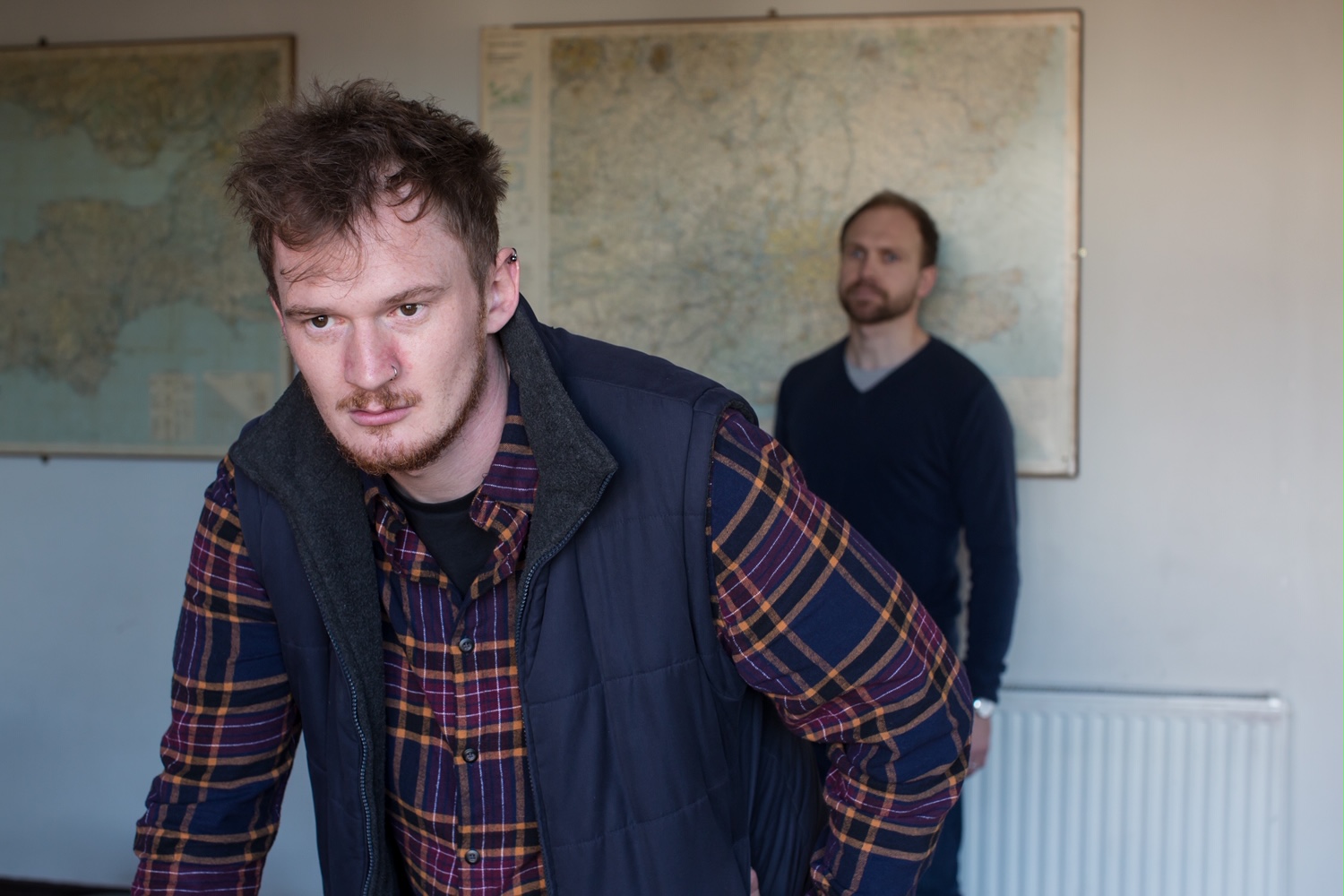
Do you think it’s more important to be faithful to the source material when adapting someone else’s work, or to bring your own ideas?
I think there are some things you must stay true to. I have always tried to stay true to the feel or atmosphere of the book. There aren’t often actual sections of dialogue in the book so I am left to imagine how certain conversations take place or how scenes may have played out but I would hope that anyone seeing the play who was a fan of the book would recognise it instantly by the way it feels. It is nearly impossible to directly translate a book to stage as the way the story plays out works differently for both. With a play the action needs to be immediate whereas in the book we can look at events retrospectively – this means there are sometimes scenes that appear in the play that are remembered or barely spoken about in the book. I try to pick one of the themes that the book is trying to tackle and make sure I make that the crux of my story on stage. At times, when it is necessary to invent events that are not covered in the book I try and refer back to these themes and also to never directly contradict the book.
Is it easier to adapt other works or to write your own from scratch?
They both present challenges. With adaptation the narrative structure is there ready for you, but you have to always bear in mind the source material and the people that care deeply about it. With original work there is a freedom but too much choice can sometimes be crippling. When I finish a play I am often haunted by the endings I never explored and the twists and turns I may have missed!
What is it about gothic horror that attracts you to the genre? Do you prefer it to modern horror?
Horror and sci-fi – which arguably both Jekyll and Hyde and Frankenstein were at the time of writing – have the ability to tackle huge subjects that straight drama would buckle under the weight of. Questions like: ‘why are we here and what makes us human?’ can be looked into so eloquently because we are one step removed from reality. I love the power that horror gives you to be humble and lofty at the same time.
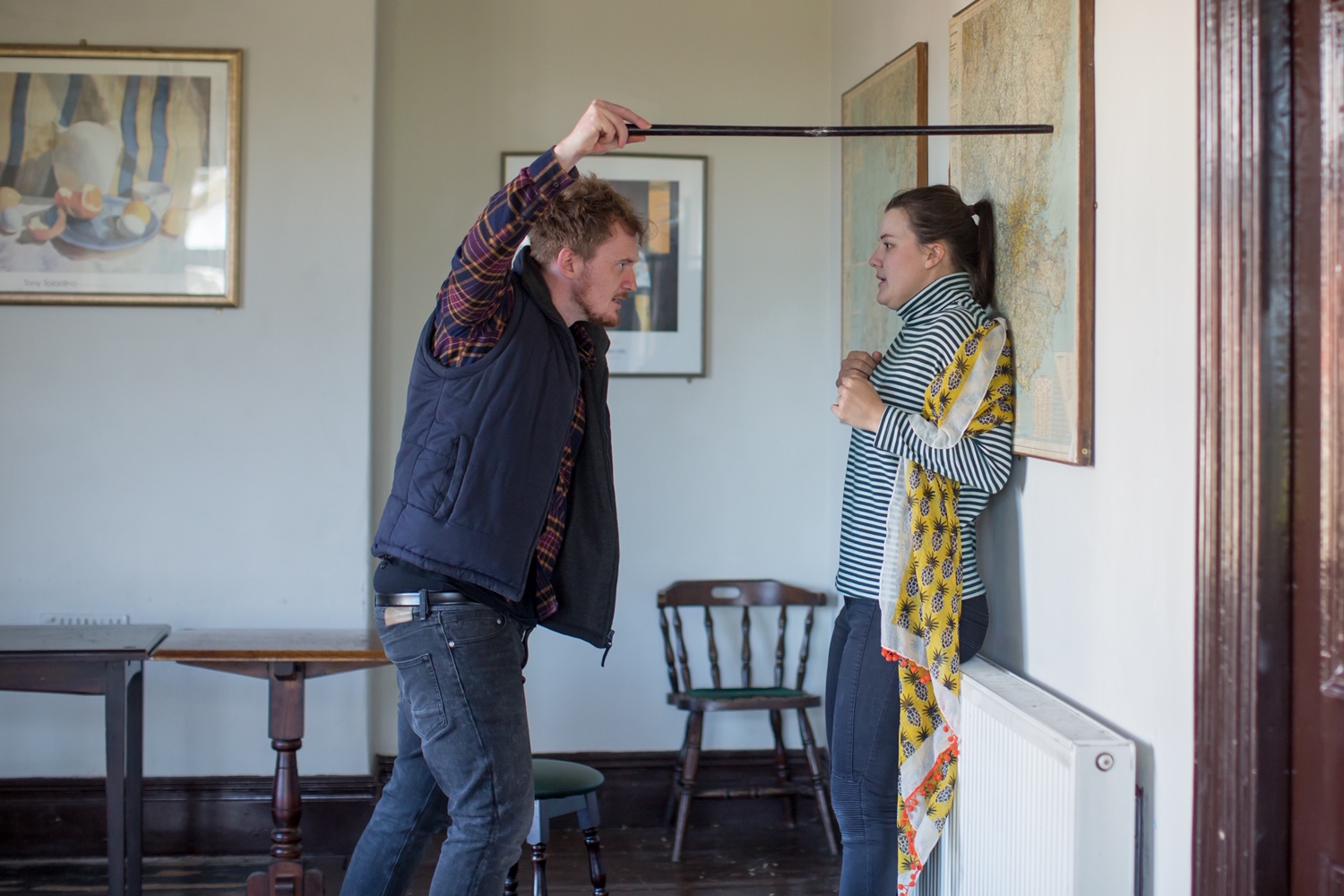
Did you feel that you had to enhance the more horrific elements of the story in order to make it appeal more to an arguably desensitised modern audience?
Absolutely in both cases. We are essentially writing for a horror slot and it is at the forefront of my mind when adapting the stories. If I was to adapt Jekyll and Hyde for a different stage there are hundreds of different directions you could explore but the audience we have at Arnos Vale look for a story that packs a punch with its horror elements as well as dramatically. Thankfully the source material delivers in spades!
Is this story still relevant today, and if so, why?
It is the story of a man that puts on a front to the world whilst hiding away parts of himself until they consume him. This story speaks as clearly now as it did when it was written. In today’s age of social media and addiction it feels acutely relevant.
What is your process for choosing which stories to adapt?
There’s a list! We go through our favourites and look at which stories are most recognisable and also which translate to stage most easily and most importantly which seems to have the most to say to a modern audience. There are a few stories that we’d love to do but for many different reasons haven’t felt quite right but it really is as simple as what excites us most when we start discussing the next show.
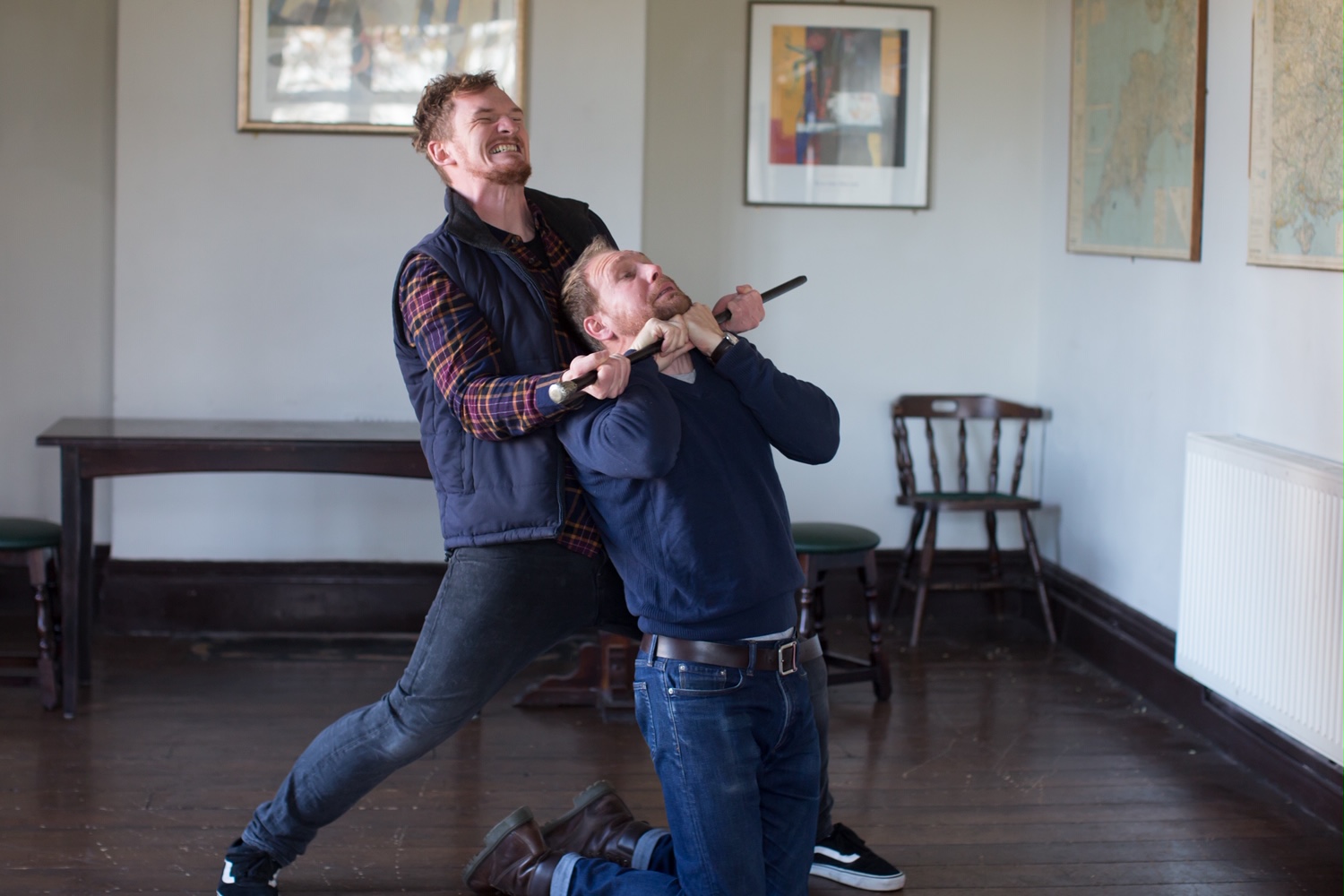
Are there more gothic horror stories you would like to adapt in the future?
There are gothic horrors and other books that we’d like to bring to Arnos Vale, some less-known, and some classics. We are also hoping to revisit one of our original plays but I’ll keep those a tantalising mystery for the time being!
What is Red Rope, and what makes it a unique theatre company?
Red Rope is run by myself, Rebecca Robson and Lois Baldry. We are a small and passionate company that believe that great writing should be at the heart of any show. We are a family -literally in some cases – and we are present in every part of the production from its conception to sweeping up after its done. Everything we do from our shows to the writing workshops we run are undertaken because we believe a play is beautiful and magical thing. I’m hugely proud of the work we’ve done and the people we have worked with, we work with local actors, directors, technicians and designers and the money we pay them comes directly from the company and from the work they do. We’re proud to be a regional theatre company and we love what we do!
Dr Jekyll and Mr Hyde will be playing at Arnos Vale from November 6th. Get your tickets here.

About Rife


